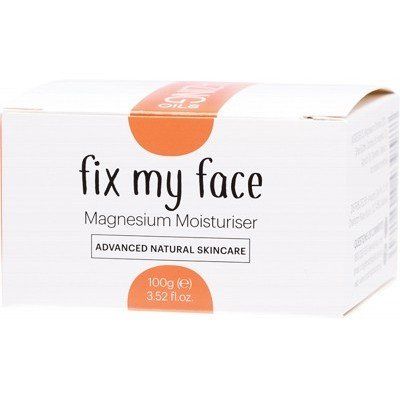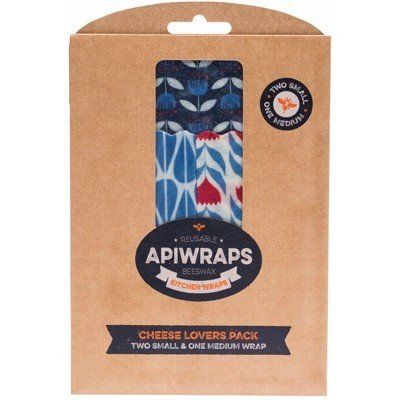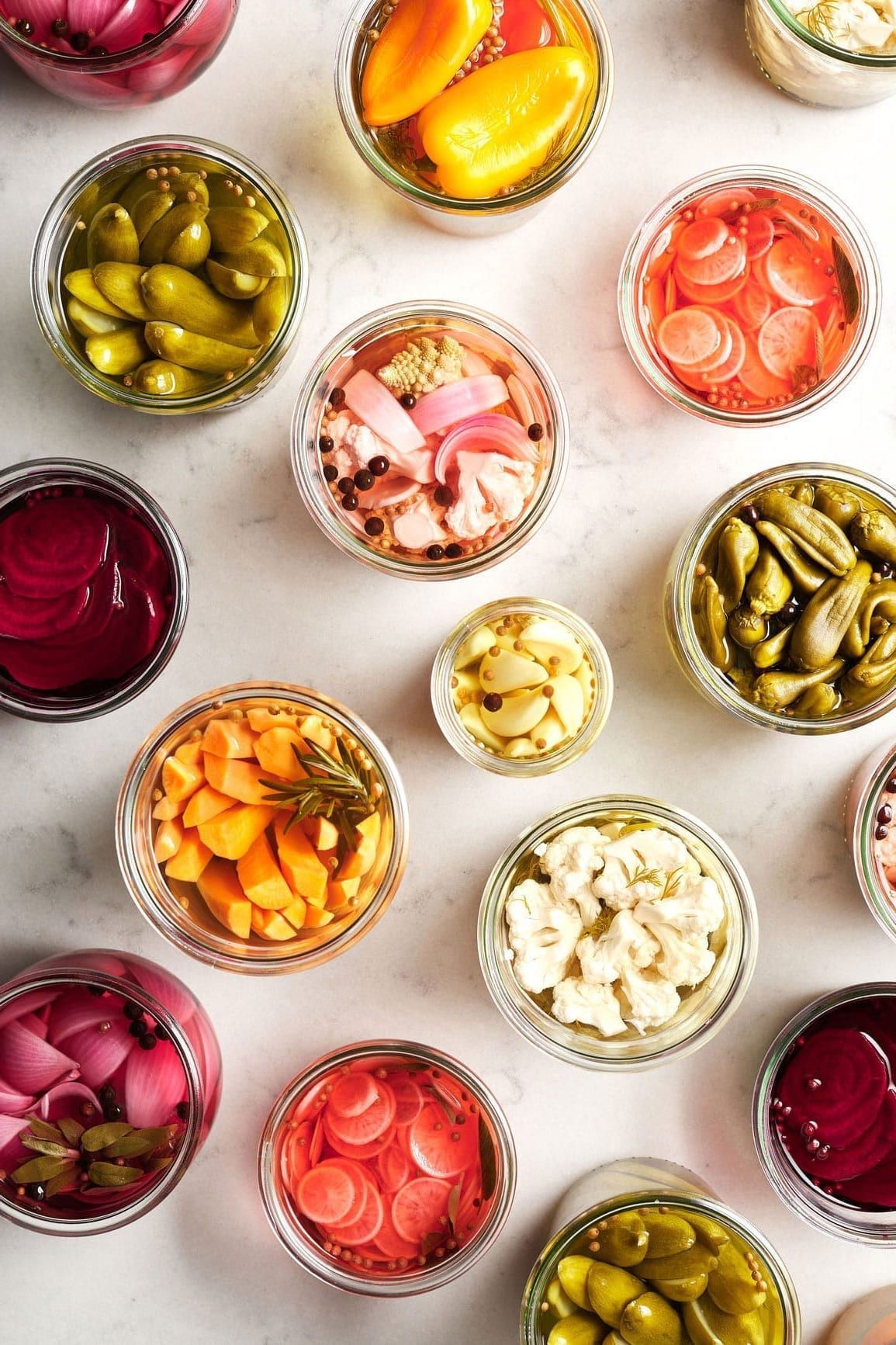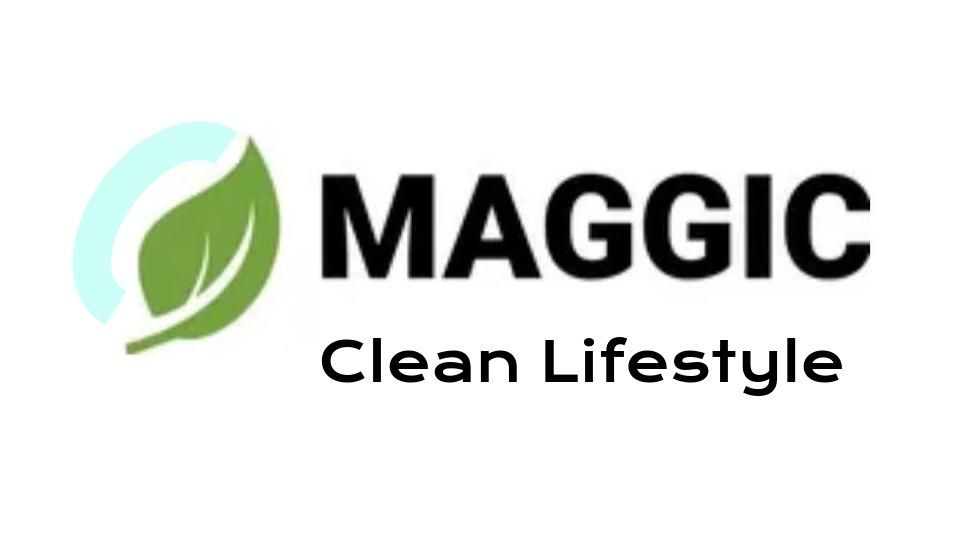Castile Soap
- By florian.glinserer
- •
- 05 May, 2019
- •
What is Castile Soap and Why Do We Use It?
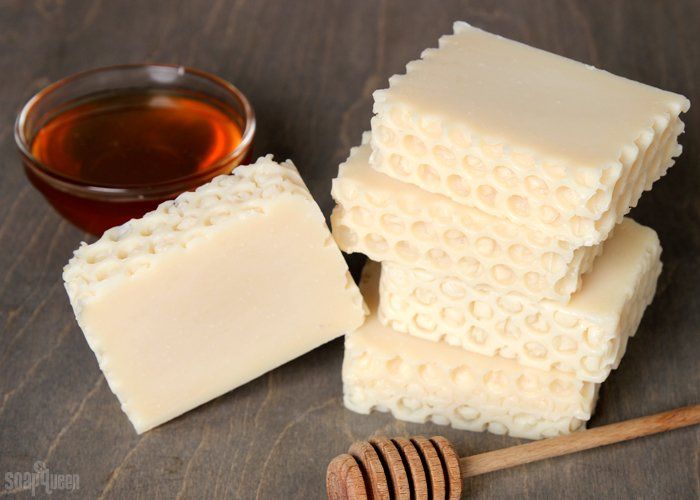
History of Castile Soap
Castile soap, pronounced “kas-teel”, is rooted in the traditions of the Eastern Mediterranean where Aleppo soap makers made hard cleansing bars out of laurel oil and lye. Laurel oil is derived from the aromatic Laurus nobilis, an evergreen tree or large shrub with green, glossy leaves and is native to Syria. Organic laurel oil is produced by placing laurel leaf extract in olive oil and enriching it with laurel essential oil, rich in vitamin E and fatty acids, it fortifies hair structure, provides nourishment to the skin and imparts a healthy sheen to hair. Laural Oil is ideal for hair loss in both men and women due to its revitalizing properties.
To this day, the origins of Aleppo soap remain unclear. Claims that the Egyptian Queen Cleopatra and Queen Zenobia of Syria used Aleppo soap abound but have yet to be verified. This important precursor to Castile soap cleansed the skin and hair of humankind for millenia.
The common belief is that the Crusaders brought Aleppo soap back to Europe with them during the 11th century. Since laurel oil was not available in this part of the world, it was replaced with olive oil in the Castile region of Spain. Today's Castile soap is an olive-oil-based hard soap made in a style similar to that originating in the Castile region of Spain and was a fine hard bland soap made from olive oil and sodium hydroxide.
Castile soap is known today as any vegetable oil based soap. This distinguishes it from soaps made with animal fat such as tallow, lard, or goat milk. Hence, the Castile soaps of today are commonly made with olive oil, coconut oil, palm oil and other vegan oils often with a mixture of health giving oils which have varying known benefits.
The Making of Castile Soap
Traditional Castile soap is made by blending olive oil and lye. Lye, also called caustic soda, is the common name for sodium hydroxide or potassium hydroxide. Both are highly alkaline, liquid compounds. They are also very caustic. Food grade lye is used to cure a wide variety of foods with lower grades of lye used in drain de-cloggers and oven cleaners.
Castile soap is often sold in a natural liquid soap base, certified organic, it simply requires the addition of fragrance and colour, and can readily be thickened by using salt.There are many skin cleansing preparations available and many are sold as “Soap”.
This may be misleading as true Soap is a product derived from natural oils and fats and some “Soaps” are in fact synthetic detergents and may be derived from crude petroleum and/or their bi-products. Even detergents derived from “natural” fatty alcohols are far from “natural”.
So called “natural” fatty alcohols certainly use natural fatty oils or fats as starting materials, but they are then heavily processed to convert them to alcohols. The alcohols are then further reacted chemically with things like ethylene oxide and sulphuric acid. The end products are far from natural and they certainly aren’t soap. Synthetic detergents have been around for about 80 years and have been used in personal care products for about 50 years. Soaps have a slightly longer track record in personal care having been used for at least 2,000 years. In this time there has been little or no evidence of adverse skin reaction to soap.
An organic castile liquid soap base contains the natural glycerine from the organic oils, often these bases include organic sunflower, coconut, olive and palm oil. This type of soap base can be used by someone who has the time to make their own soap. Most of us don't have the time to make soap and are looking instead for something on the market which reflects the health values of those home made products.
The types of soaps based around the concept of castile soap and are often labeled as vegan and organic. These types of soaps can be trusted to carry a significant portion of the health giving properties associated with the original ancient blends.
Conclusion
When considering todays pace of life I think soap making is for the traditionalists and we as normal types have to 'shop for' reliable organic and vegan soaps which carry the organic oils we require to prevent skin problems. We know enough to accept that vitamin E is a skin food and that vegan oils like organic olive and coconut oils are known skin smoothers, healers and soothers. The choice is clear, castile soap is not a requirement in our modern lives but a pleasure which may take up more time than most of us have. However, the benefits of the castile soap are in our modern lives as options if we read the labels and buy simple vegan and organic soaps containing sodium hydroxide. Steer clear of over refined soaps containing sythetic detergents and petrochemicals or the bi-products of petrochemicals.






























